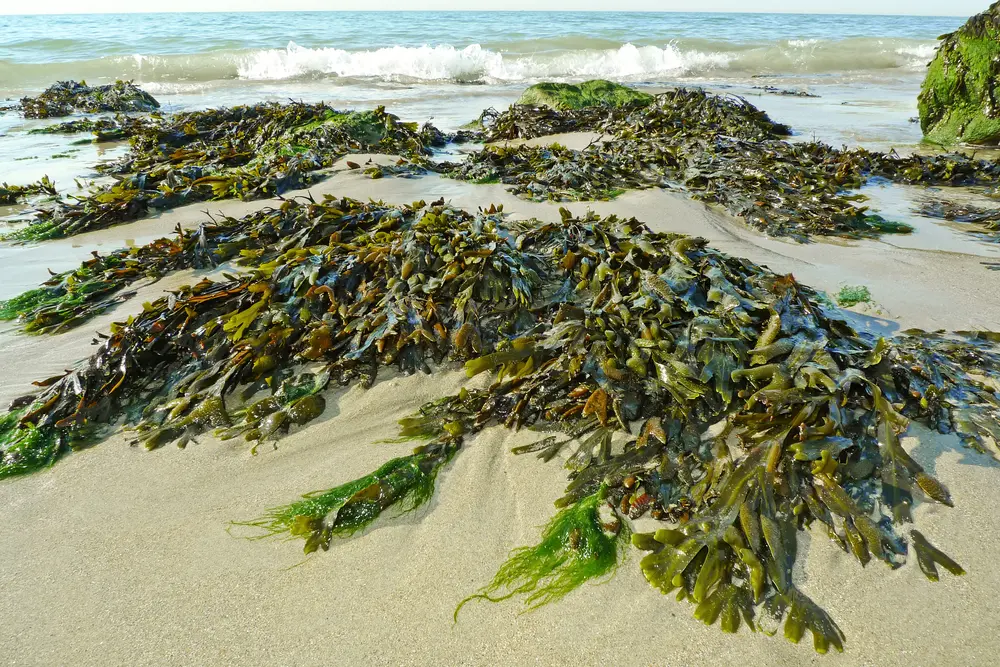Is seaweed a legitimate reason to cancel your vacation rental and receive a full refund for your deposit? Susan Dorsey thinks so and she thinks I should think so, too.
More specifically, Dorsey would like me to pressure her vacation rental company to cough up a refund for her planned stay in Antigua. This is an interesting case.
Every Monday morning in this feature, I ask if my advocacy team and I should take a case. And every Monday morning, you tell me.
Now, I realize some of you may be snickering at this one. You’re not alone. But let’s hear what Dorsey has to say.
Sour sargassum surprise
Last March, she found a good deal on a rental in Antigua through VRBO.com — a privately-owned condo at the St. James’s Resort. She paid a $1,700 deposit.
A short while later, she discovered there was a reason why the price was so reasonable.
“Apparently, the beach there has been invaded by massive amounts of sargassum seaweed with dead fish and a terrible smell,” she says. “Tourists staying at the resort are unable to swim in the water and say the resort should be closed.”
After reviewing the photos and online reviews, Dorsey asked for her $1,700 back. After all, her stay was still 9 months away.
“I was told by the owner that I will get a refund if the property is re-rented during the time I reserved it as per the cancellation policy,” she says.
She’s livid. (Here’s our guide to renting a vacation home.)
“This property and the water near it no longer resembles in any way how it is pictured on the listing website,” she says.
Perhaps not. I know Dorsey wants to get her money back now, but if she’s almost a year from her vacation, there’s a fairly good chance the unit will be re-rented, and she’ll get her money. Even if she doesn’t, will the seaweed still be there? It’s hard to say for certain.
But this does raise an interesting question about amenities. At what point are you allowed a no-penalty cancellation?
Beyond bad weather
How about for bad weather? Maybe a blizzard or a hurricane that makes it impossible to reach the vacation rental?
Is it when a destination’s raison d’etre is no more? For example, when a ski resort closes because of lack of snow, or a beach is closed because hypodermic needles are washing ashore with the high tide?
Indeed, to what extent are hotels and vacation rentals responsible for their surroundings? (Related: Vacation rental warning words: don’t book if you see this!)
If you said “they aren’t,” then maybe you work in the hotel industry. So you would charge a guest if they had a death in the family and couldn’t go on vacation, or if their flight was grounded. After all, you have a business to run, don’t you?
But I think those of us who aren’t hotel revenue managers can agree that there are times when a refund is in order.
So, is a refund in order for the fish and seaweed?
As a guest, I’d be upset if I smelled dead fish and seaweed in my vacation rental. But I’m not sure if I would blame my hotel for it.




